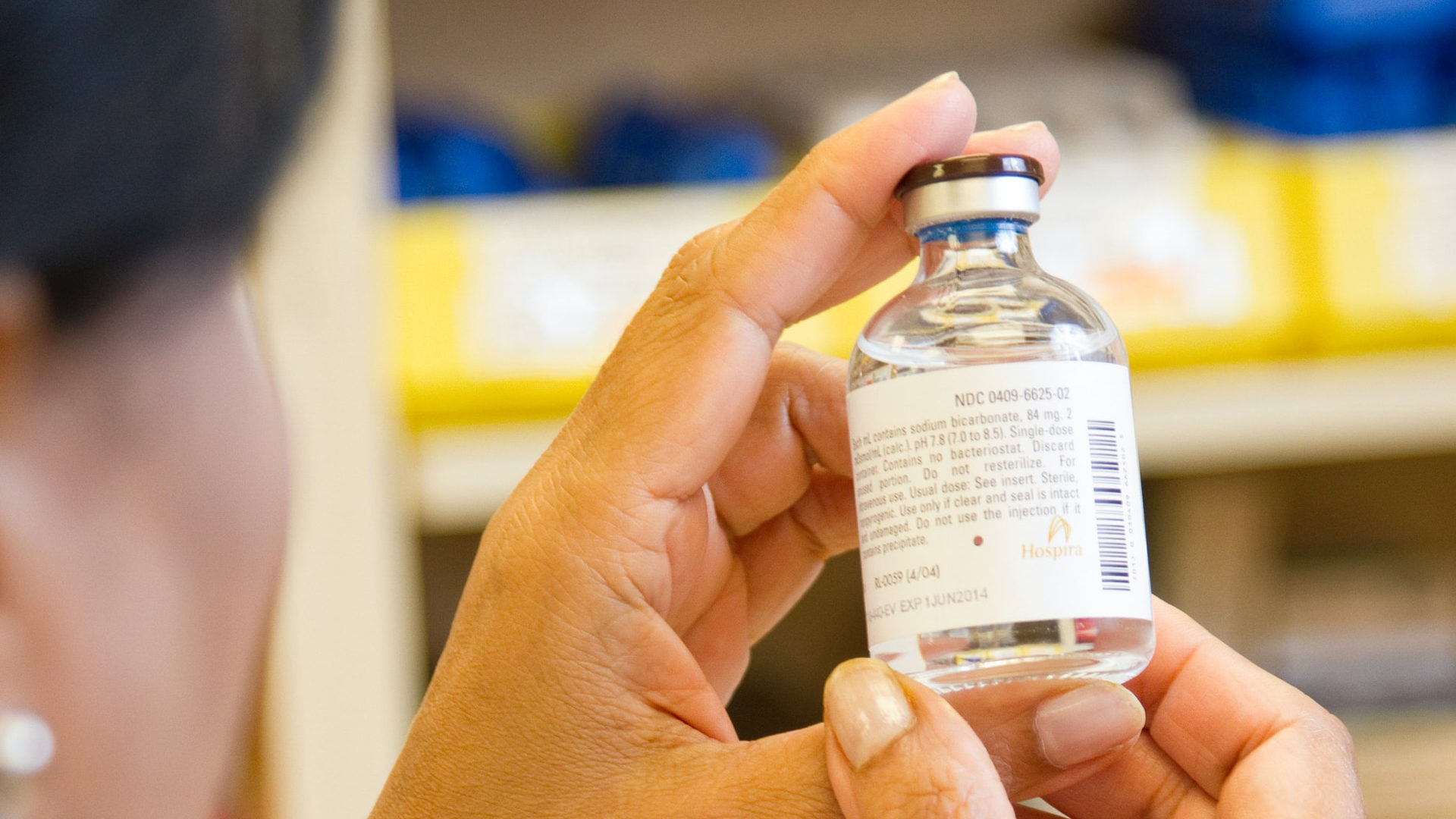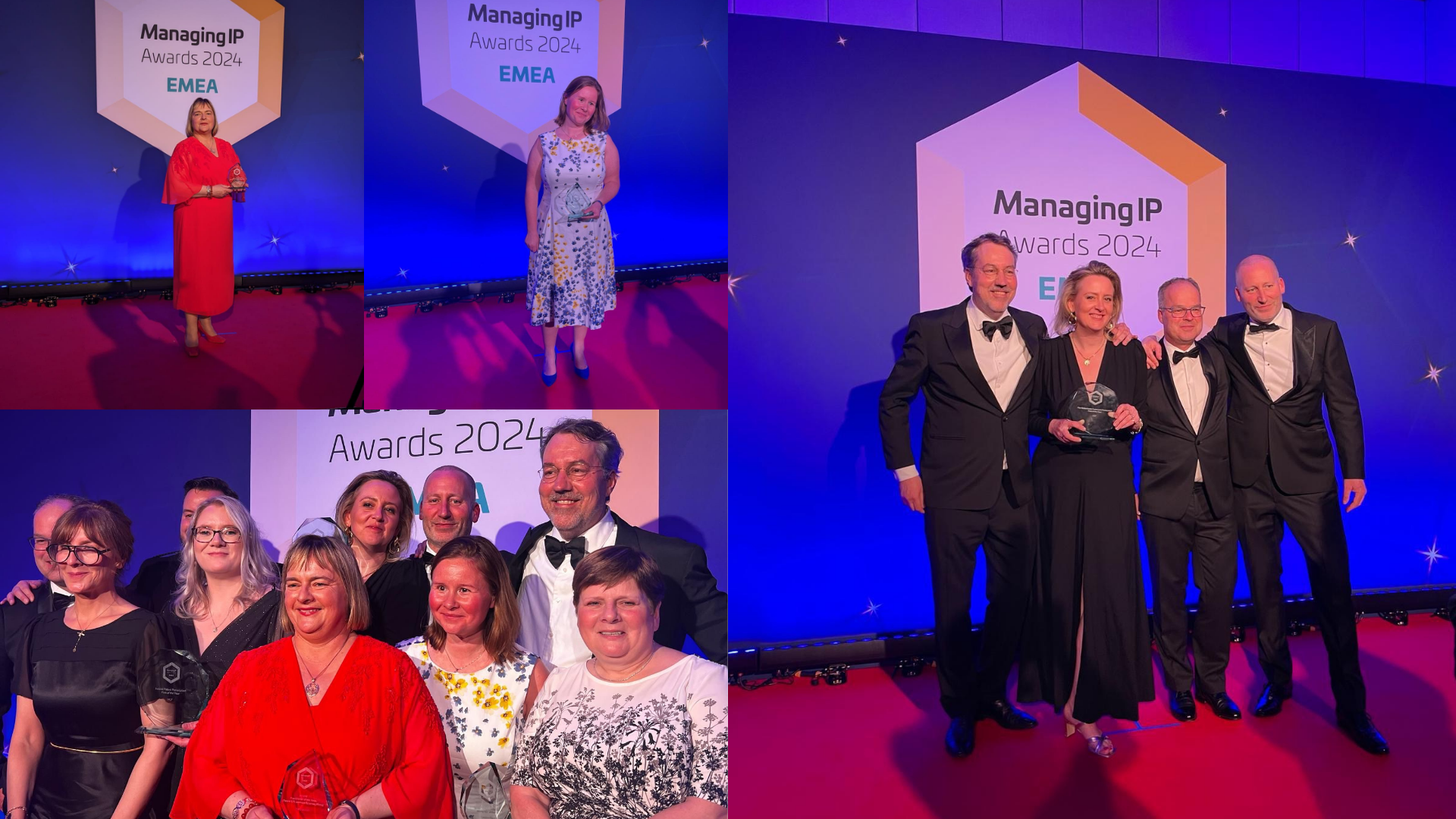News
UK High Court rules an AI Machine (DABUS) cannot be an Inventor but Owner possibly could be
September 2020
In a decision published on 21st September 2020, a High Court judge, Mr Justice Marcus Smith, has ruled that an Artificial Intelligence (AI) machine named “DABUS” cannot be considered to be an inventor under the UK Patents Act 1977 and that, in any event, the right to obtain a patent application could not be transferred from an AI inventor to a patent applicant as an AI inventor lacks the legal personality to own and transfer property rights.
Accordingly, a decision by the UK Intellectual Property Office (UK IPO) that two UK patent applications could not be allowed to proceed on the basis that they named an AI machine as inventor has been upheld. However, encouragingly, the decision positively left open the possibility that the owner of an AI machine which “invents” something could be named as the inventor (rather than the AI entity itself), potentially allowing inventions made primarily by AI machines, where the AI machine owner has contributed minimally or not at all to the inventive distinction from the state of the art, to be patented by their owners in the UK in the future. Many AI patent applications having named human inventors are being prosecuted and granted at present in the UK, Europe and elsewhere. Often the human inventor has the inventive insight regarding how to adapt or configure an AI machine to address a particular technical problem, in which case there is little doubt that the human being should be a named inventor. However, this decision relates to a subset of AI innovations where the contribution of a human being is less clear. Although the decision may initially be seen as a negative one for owners of AI machines with regard to protecting a subset of AI innovations, the decision also contains encouragement that there may be a way around it.
The court decision was an appeal from a first instance decision by the UK IPO to consider two UK patent applications filed by Dr Thaler to be withdrawn following the filing of what it considered to be deficient declarations of inventorship filed by Dr Thaler. In particular, Dr Thaler named DABUS as sole inventor in each case. One invention related to a fractal beverage container and the other invention related to fractal light signals for attracting attention during search and rescue operations. Following an appeal by Dr Thaler, the court decided to uphold the decision of the UK IPO on the basis that: an inventor must be a natural person (which DABUS is not); and in any event, DABUS lacks a legal personality and so would be incapable of holding property (such as the right to file patent applications) or transfer such property to Dr Thaler as applicant. That is, although Dr Thaler can be the transferee of a property right, the problem is that there is nothing transferred to him and nobody capable of transferring it. However, as mentioned above, the court has left open the possibility of a way around the present decision; namely that the owner of the AI machine could conceivably be considered to be the inventor. This argument was not pursued by Dr Thaler in the present case, so it has been left open as to whether such an argument would succeed.
This case has also prompted consideration of wider government policy relating to AI inventions and intellectual property. Indeed, the UK IPO indicated in its initial decision that “the present system does not cater for such inventions [i.e. inventions created by AI machines] and it was never anticipated that it would, but times have changed and technology has moved on. It is right that this is debated more widely and that any changes to the law be considered in the context of such a debate, and not shoehorned arbitrarily into existing legislation”. Mr Justice Smith also stated when considering the provisions of section 7 of the UK Patents Act 1977 that “It may be that the advent of artificial intelligence causes this scheme to fracture”, while Dr Thaler’s arguments focussed on what the patent system “should” allow. The UK government has now published a “call for views” in an open consultation on Artificial Intelligence and Intellectual Property. The call for views can be found here.
There are many situations in which AI related inventions can clearly have human inventors within the present legal framework, such as where humans have selected appropriate input data or hyperparameters for application of a machine learning algorithm to solve a particular technical problem, where humans have selected an appropriate machine learning algorithm for a problem or where humans have improved the way in which AI machines themselves can learn by differently configuring hardware and/or software that implements an AI system. However, it may be more difficult to isolate the contribution of a human inventor as AI entities continue to develop the capabilities to devise inventions more autonomously unless the AI system itself is specifically configured to explain the choices it makes internally to the system via “Explainable AI”. Mr Justice Smith’s comments that a human owner of an AI machine may be considered to be an inventor offer one possible way within the current legal framework in which AI created inventions can be protected. However, it is clear from the UK government consultation that the legal framework for the protection of AI-related inventions is falling under increased scrutiny as a result of the DABUS case and we will follow further developments with interest.
It is also worth noting that the initial UK IPO decisions mirrored decisions taken at first instance by the European Patent Office (EPO) in respect of corresponding European patent applications. Those EPO decisions have now also been appealed, with the Grounds of Appeal having been filed in May 2020 and the development of those European appeals may also have an impact on future UK practice in this area. However, it will be at least one year before the EPO Appeal outcomes are expected.
This article was prepared by HGF Patent Director Dr Andrew McGettrick. If you would like further advice on this or any other matter, please contact Andrew. Alternatively, you can contact your usual HGF representative or visit our Contact page to get in touch with your nearest HGF office.































